Leading the Charge in Memory Chip Recycling: SK Hynix's Sustainable Practices
In an era marked by rapid technological advancement, the issue of electronic waste (e-waste) has emerged as a critical global concern. As electronic devices become increasingly integrated into our daily lives, the responsible management of end-of-life products, particularly memory chips, is paramount. SK Hynix, a prominent player in the semiconductor industry, has been at the forefront of promoting sustainable practices, including the recycling of memory chips. In this article, we'll explore how SK Hynix is making strides in memory chip recycling and contributing to environmental conservation.
The Significance of Memory Chip Recycling:
Memory chips, essential components of electronic devices, contain valuable materials such as silicon, gold, and rare earth metals. Recycling these chips not only prevents them from polluting landfills but also allows for the recovery and reuse of these precious resources. By embracing memory chip recycling, we can reduce the environmental impact of electronic waste and promote resource conservation.
SK Hynix's Commitment to Sustainability:
SK Hynix is committed to operating in an environmentally responsible manner and minimizing its ecological footprint. The company recognizes the importance of recycling memory chips as part of its broader sustainability strategy. SK Hynix has implemented comprehensive recycling programs aimed at recovering valuable materials from end-of-life electronic devices, including memory chips, and reintegrating them into the production process.
The Memory Chip Recycling Process:
SK Hynix's memory chip recycling process begins with the collection of obsolete or discarded electronic devices containing memory chips. These devices are carefully disassembled, and the memory chips are extracted and sorted for recycling. Advanced recycling technologies are employed to recover valuable materials from the chips, such as silicon wafers, gold bonding wires, and soldering materials.
Environmental Benefits:
Recycling memory chips offers significant environmental benefits by reducing the demand for virgin materials and minimizing energy consumption and greenhouse gas emissions associated with mining and manufacturing processes. By incorporating recycled materials into new memory chip production, SK Hynix reduces its environmental impact and contributes to a circular economy model.
Community Engagement and Education:
In addition to its recycling efforts, SK Hynix actively engages with communities and stakeholders to raise awareness about the importance of e-waste recycling and environmental stewardship. Through educational initiatives, outreach programs, and partnerships with environmental organizations, SK Hynix empowers individuals and businesses to participate in responsible recycling practices and make informed decisions about their electronic consumption.
Conclusion:
SK Hynix's commitment to recycling memory chips exemplifies its dedication to environmental sustainability and corporate responsibility. By championing sustainable practices and promoting responsible e-waste management, SK Hynix sets a positive example for the semiconductor industry and inspires others to follow suit. Through collaborative efforts and collective action, we can create a more sustainable future where electronic devices are recycled responsibly, and valuable resources are preserved for generations to come. Visit www.icchipmall.com to learn more about SK Hynix's initiatives and explore sustainable solutions for your electronic needs.

















